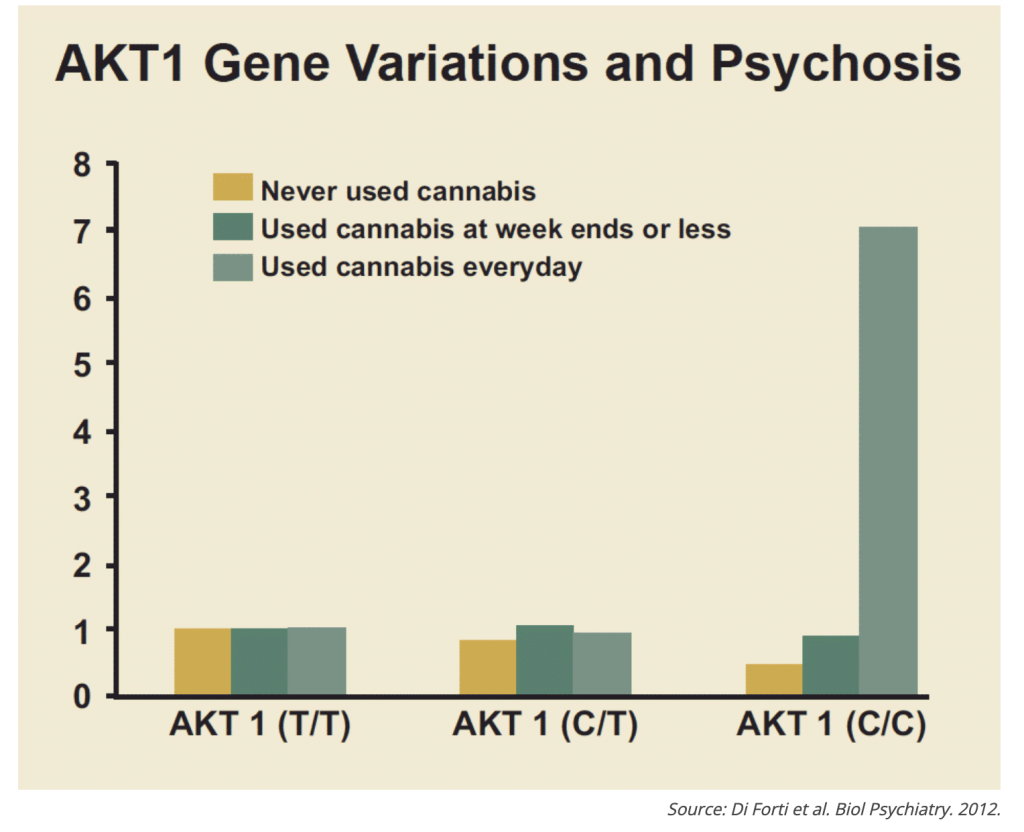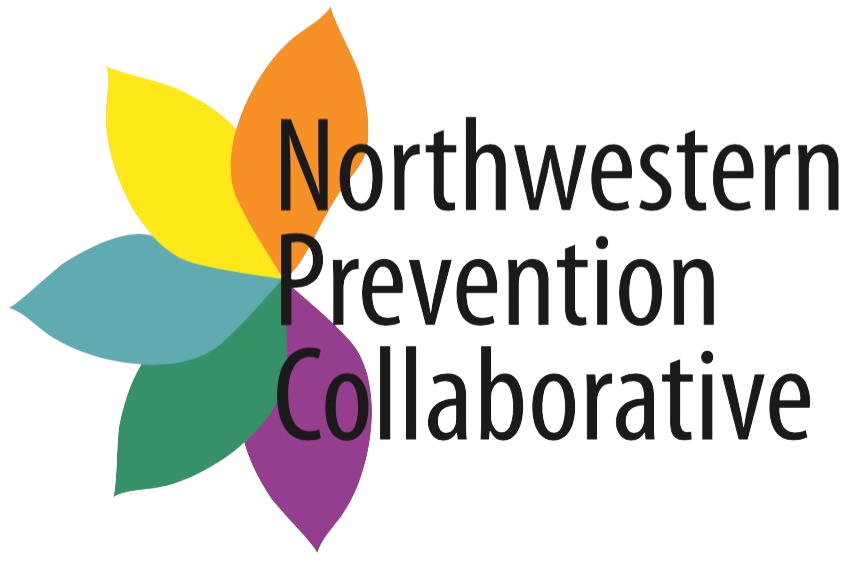What is Psychosis?
We have all most likely heard about someone who had a “Bad Trip” or “Freakout” while using marijuana. Hearing these stories from others can range from entertaining to downright terrifying. However, these anecdotes may represent a larger issue that is not often discussed when it comes to recreational marijuana use. When a marijuana user is “tripping,” they are actually experiencing something that is medically referred to as psychosis.
Psychosis is when an individual loses their grasp of reality and can’t distinguish between what is real and what isn’t. So, when people often describe their trips as “feeling so real,” they were most likely having a psychotic episode. “A person in a psychotic episode may also experience depression, anxiety, sleep problems, social withdrawal, lack of motivation, and difficulty functioning overall.” (3) Tripping has been normalized as a common part of the marijuana experience, but users could be awakening a dormant psychological volcano inside of them.
Experiencing a psychotic episode is not exclusive to marijuana use. In fact, many mental disorders can trigger a psychotic episode in addition to other drugs and alcohol. However, new research indicates that daily use of high-potency marijuana could increase the chances of developing psychosis by nearly five times compared to people who have never used marijuana. (4) The user’s age, quantity of drug use, and genetic predispositions can all influence this outcome.
Marijuana and Mental Disorders
Dr. Michael T. Compton of Columbia University conducted studies where he analyzed hospitalized first-episode psychosis patients. His research concluded “an association between the escalation of marijuana use and an earlier age at onset of prodromal symptoms and an earlier age at onset of psychotic symptoms.” (2) In short, individuals who used marijuana at an early age not only increased their chances of serious psychosis, but they also sped up the onset of those symptoms. The age that symptoms begin is very important because in some disorders like schizophrenia, long-term effects of mental illness become more manageable the later the symptoms develop. Furthermore, marijuana use may trigger a psychotic disorder, but stopping use of the drug doesn’t stop the symptoms. Once that train has left the station, it is hard to get it back.
Additional research into schizophrenia has uncovered an interesting relationship between high marijuana use and schizophrenia patients with certain genetic markers. The effects of schizophrenia are caused in part by altered dopamine signaling. The AKT1 gene regulates the enzyme that affects dopamine signaling in our brain. The AKT1 gene contains three variants which include T/T, C/T, and C/C. As seen below, individuals with the AKT1 C/C gene variation were 7 times more likely to develop psychosis with daily cannabis use.

What You Can Do
As a parent, one of the most important things you can do is have an open and honest dialogue with your child. Positive and consistent communication plays a vital role in building trust. If you have an authoritative relationship built off fear and punishment, your child may not feel comfortable sharing with you. Speak frankly with your child about the dangers and risks of marijuana use. Scare tactics and exaggerations are not necessary. You will have more success by identifying relevant and relatable ways that marijuana could negatively affect their life.
For more information about drug and alcohol abuse prevention or advice for communicating with your child, feel free to read our other featured articles.
[1] https://nida.nih.gov/publications/research-reports/marijuana/there-link-between-marijuana-use-psychiatric-disorders#:~:text=Recent%20research%20suggests%20that%20smoking,who%20have%20never%20used%20marijuana.&text=The%20amount%20of%20drug%20used,shown%20to%20influence%20this%20relationship.
[2] https://childmind.org/article/marijuana-and-psychosis/
[3] https://www.nimh.nih.gov/health/publications/understanding-psychosis
[4] https://www.thelancet.com/article/S2215-0366(19)30048-3/fulltext

